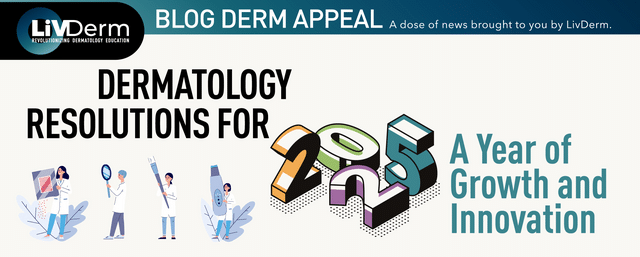Diet, which plays a critical role in reducing inflammation and improving quality of life, has emerged as a significant factor in managing inflammatory diseases. Concerns, however, continue to mount over the increasing consumption of ultraprocessed foods (UPFs), which have been linked to conditions such as type 2 diabetes, cancer, cardiovascular disease, and inflammatory bowel disease. The link between UPF intake and active psoriasis has, however, remained largely unexplored.
Researchers have sought to examine this association through a recent cross-sectional study, which revealed an association between a high intake of UPFs and active psoriasis.
The research was conducted using data from the Nutri-Net-Santé cohort study between November 29, 2021, and June 6, 2022. This study examined 18,528 participants, of whom 1,825 (10%) had psoriasis, with 803 cases being active. Participants were classified based on their psoriasis status (never-had, nonactive, or active) using a validated self-diagnosis questionnaire.
According to the research findings:
- Demographics: The active psoriasis group had a lower proportion of females and a higher proportion of individuals with a BMI over 30.
- Physical Activity: High-intensity physical activity was less frequent in the active and nonactive groups compared to the never-had group.
- Comorbidities: Conditions such as cardiovascular disease, diabetes, inflammatory bowel disease, and inflammatory rheumatism were more common in the active group compared to the never-had group.
This study identified a significant association between high UPF intake and active psoriasis status, even after adjusting for factors such as age, BMI, alcohol consumption, and comorbidities. The findings suggest that UPF intake may contribute to inflammation independently of BMI.
Some limitations include:
- Self-Reported Data: Self-reported psoriasis cases could lead to misclassification, although validation studies indicate high sensitivity and specificity for self-reports.
- Study Design: The cross-sectional design prevents the establishment of causality, making it unclear whether high UPF intake precedes or results from psoriasis flare-ups.
- Population Characteristics: The study population’s healthier dietary habits compared to the general French population may have led to an underestimation of the association levels.
This study highlights a significant link between high UPF intake and active psoriasis, underlining the potential role of dietary habits in managing this condition. Further large-scale studies are needed to explore whether UPF consumption contributes to psoriasis onset and to develop targeted dietary interventions for individuals with psoriasis.
Source:
- Penso L, Touvier M, Srour B, Ezzedine K, Sbidian E. Ultraprocessed Food Intake and Psoriasis. JAMA Dermatol. Published online November 27, 2024. doi:10.1001/jamadermatol.2024.4832















